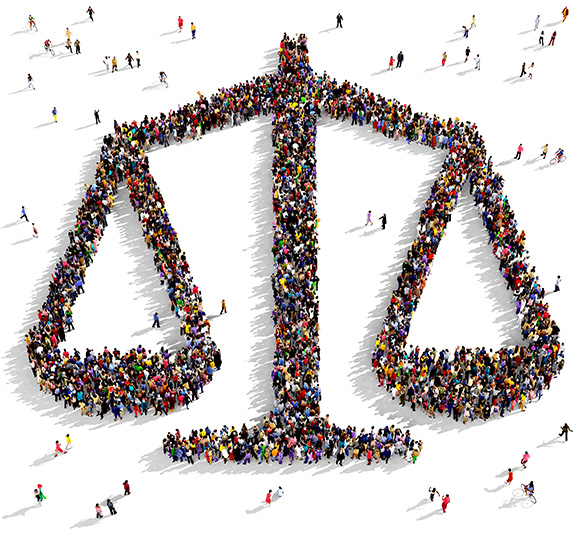We have observed an unusually high number of queries form professionals across several industries in the United States enquiring about their qualification for EB-1A visa, and some relieved when we explained the EB1-A approval process in layman terms.
At the outset, we must highlight that the EB-1A visa does not require a labor certification and can be self-petitioned. Individuals qualifying under the EB1-A visa are considered to be aliens of extraordinary ability in their field, namely sciences, arts, education, business, or athletics, and most importantly that their endeavor in those field benefit the United States and the individual will continue to work in the same field in the United States.
The Petitioner must show:
- he/she has sustained national or international acclaims for his/her achievements,
- he/she is seeking to enter the United States to continue to work in the field of endeavor that is the subject of the acclaim, and
- the his/her presence in the United States and his/her continued activity in his/her field of endeavour will benefit the United States
As an individual of extraordinary ability, the Petitioner must demonstrate that he/she has risen to the very top of his/her field i.e. he/she will have received national and international acclaim. These acclaims can be demonstrated by the conferment of prestigious and respected awards such as Nobel Prize or Academic Award.
Obviously, not all of our successful Petitioners were Nobel Prize Winners. How did we then achieve their approval? The Immigration and Nationality Act allows substitute to national and international acclaim to be provided in support of an EB1-A petition. The Petitioner must satisfy at least three of the following criteria:
- Receipt of lesser nationally or internationally recognized prizes or awards for excellence in the field of endeavor.
- Membership in an association that requires outstanding achievement as a condition of membership in the field for which the classification is sought
- Published material about the foreign person or his or her work in professional, trade journals, or major media publications. (These items must include title, date, author, and must be translated into English)
- The foreign person’s participation, on a panel or individually, as a judge of the work of others in the same or a related field
- Evidence of original contributions, usually through publication, of major significance in the foreign national’s fields of science, scholastic, artistic, or athletic
- Authorship of scholarly articles in the field, in professional journals, or other major media (national newspapers, magazines, etc.)
- Display of the foreign national’s work at significant exhibitions
- Performance in a significant role for organizations or establishments that have a distinguished reputation
- Receipt of a higher salary or remuneration than is usual in the field
- Commercial success in the performing arts as shown by box office receipts or sales records, cassette, compact disk, or video sales, or
- Other comparable evidence if the above types of evidence do not readily apply to the foreign national’s occupations
Petitioners are reminded that the quality of the evidences submitted impact profoundly on satisfying the criteria. For example the independence, objectivity, author’s caliber, and organization’s reputation will have an impact on meeting the statutory criteria listed above. Lastly, the adjudicator after having been satisfied that at least 3 of the criteria have been satisfied will consider all the evidence submitted in totality to make a final determination as to whether the Petitioner meets the criteria for approval under EB1-A.
Our experienced and talented attorneys remain available to assist you with your upcoming visa application and any other immigration issues you may have.

